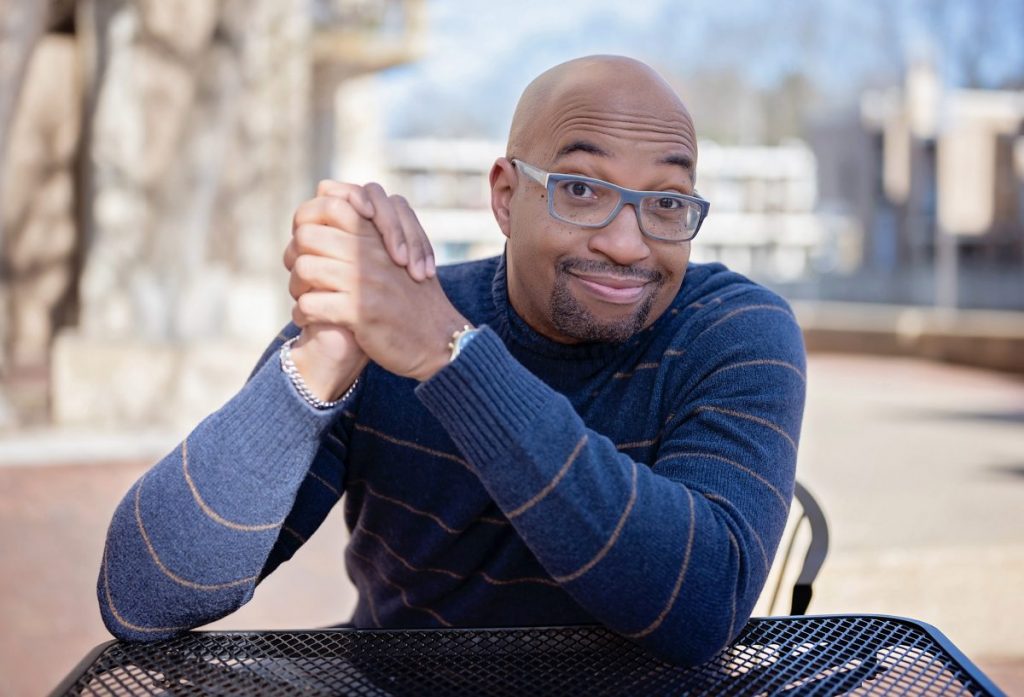
Alton Northup
Staff writer
Kwame Alexander knows the power of words.
“I want to create literature that is cool, that is empowering,” he said. “I feel like because I can do that, I have the responsibility to actually do it.”
Alexander, a Newbery Medal-winning author and poet, will talk about how words transform lives and his path to becoming a writer at 10:45 a.m. today in the Amphitheater to continue the Chautauqua Lecture Series Week Six theme, “A Life of Literature.”
The son of a publisher and an English teacher, books surrounded him growing up. But he did not set out for a career as a writer. Instead, he studied biochemistry at Virginia University. In the end, writing still found him.
“It was in my blood,” he said.
He has not stopped writing since and, as a daily writer, he lives a life of literature in the truest sense. He said he hopes to inspire Chautauquans – especially children – to live a life of literature too. A poet, Alexander writes most of his novels in verses that build on each other to form a narrative. He plays with the spacing, size, formatting and thickness of his words to make them “come alive.”
The author, co-author, or editor of 38 books, he has cemented himself as a powerhouse in literature. He’s been awarded the Caldecott Medal and Coretta Scott King Award, as well as a Newbery Honor and a Newbery Medal. Chautauqua has included four of his books in its CLSC Young Readers program, including two 2023 picks Indigo Blume and the Garden City and The Door of No Return.
Indigo Blume and the Garden City tells the story of a young girl who builds a rooftop garden and shows her neighbors how to go green. The Door of No Return follows the gripping story of Kofi Offin, an 11-year-old boy who is taken from his village in Upper Kwanta and sold into slavery in the United States.
At its core, it is an odyssey of an African family fighting for their culture, way of life and humanity.
Alexander’s characters all share a common story of believing in themselves, not letting others define them and moving forward despite the struggles they face, he said.
“If you want young people to be able to imagine a better world, then we have to make sure they have access to books that are going to help them see the whole world – the whole history of not only our country, but our world – and their place in it,” Alexander said.




